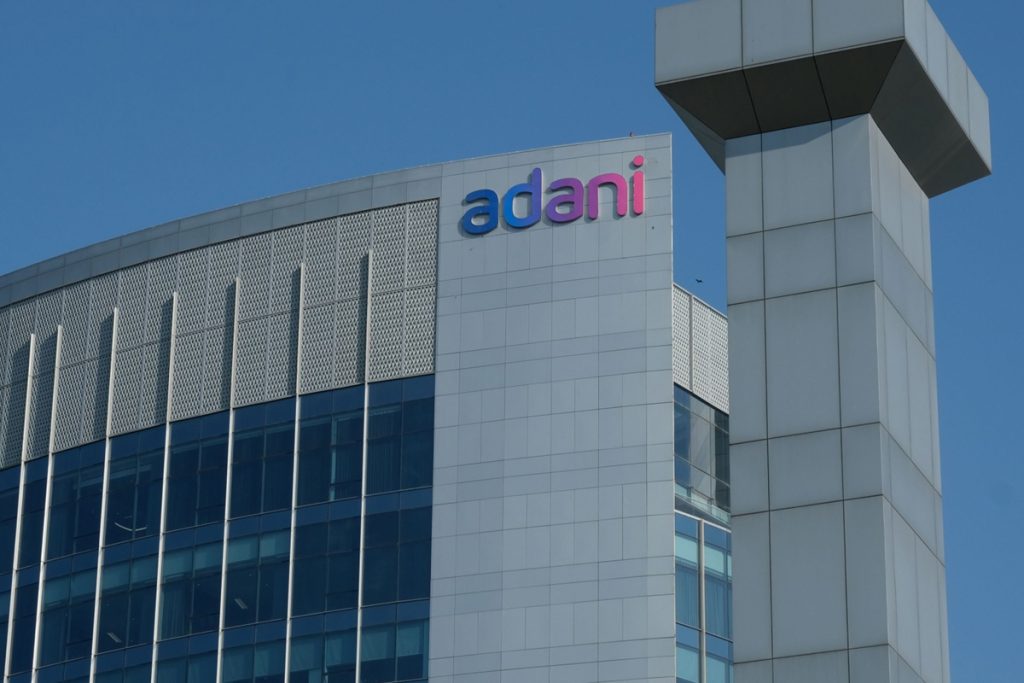British bank Standard Chartered is the latest to join the growing list of financial institutions (FIs) stopping giving loans on the back of dollar bonds floated by companies of the Adani Group.
Earlier the wealth investment unit of Citigroup and the lending arm of Credit Suisse have stopped accepting Adani Group securities as collateral for giving out margin loans, in the wake of the rout in share prices of the group facing allegations of price manipulation and accounting fraud by US short-seller Hindenburg Research.
Some of the relationship managers of Standard Chartered, which has a significant presence in Asia, have informed their private wealth clients in the region’s large markets like Singapore that the bank would not accept these papers as collaterals for margin loans, the Economic Times (ET) reported, quoting an unnamed customer.
Read More on the Topic:
- India’s Gautam Adani out of world’s top 10 billionaires list
- Adani scandal: India reveals investigation into Adani freefall, potential to tank country’s banks
- Adani Group calls off $2.5bn FPO to ‘protect’ investors
“The decision, albeit a temporary one, was taken Friday amid volatility in Adani bond prices,” the paper said.
The decision is a function of the price movements of the underlying pledged stock and is often triggered by an algorithmic system. Standard Chartered has a comparatively tiny exposure to these securities, the ET report, quoting a banking source, said.
Margin loans on Adani securities
A margin loan leverage can work in two ways: an investor can pledge bonds, say worth $10 million, and receive a loan of $6.7 million; or, a bank can fund a large part, about 67 percent of new investment of $10 million in a bond, by lending $6.7 million with the investor chipping in the balance $3.7 million.
The interest on such loans varies from 0.5 and 1.5 percentage points over the Secured Overnight Financing Rate (SOFR) depending on the underlying paper and the creditworthiness of a client.

Taking a security out of the margin loan facility does not necessarily mean that the lending bank believes that the issuer would default on the interest or the repayment.
“However, fluctuation in prices of bonds amid questions of governance of the group makes it a less stable paper for margin loans,” the ET report said, quoting another unnamed source.
For Adani Group, bond and equity investors as well as local and overseas credit rating agencies are trying to figure out whether the companies would be able to refinance its foreign currency debts over the next one year.
In the first rating action since the Hindenburg report, international rater S&P changed the ‘outlook’ on Adani Ports and Adani Electricity to ‘negative’ from ‘stable’ last Friday, citing deterioration in credit profile due to governance risks and funding challenges.






